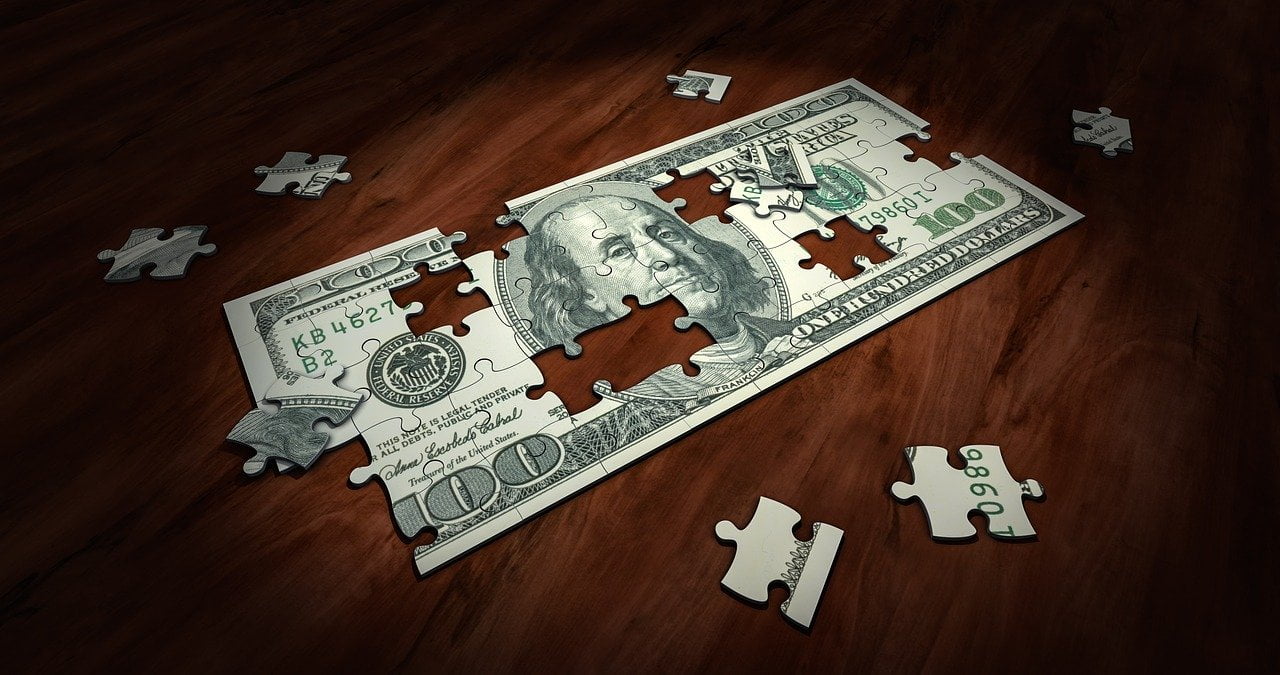Commenting on the treasury bond auction and today’s markets strategist Louis Navellier wrote in a note to investors:
Q4 2020 hedge fund letters, conferences and more
20-Year Treasury Bond Auction
Interest rate fears remain on too many investor minds despite the fact that on Tuesday there was a healthy 20-year Treasury bond auction with a bid-to-cover ratio of 2.51. The previous ten 20-year Treasury bond auctions had a bid-to-cover ratio of 2.43, so between the Fed and other bidders, there was plenty of institutional buying pressure on Tuesday. That was the good news.
The bad news is the 10-year Treasury bond yield continued to rise on Wednesday and spooked many investors prior to the Federal Open Market Committee (FOMC) statement, which is more crucial that it has been in the past, since some bond vigilantes think the Fed does not have enough money for its quantitative easing to fully control the Treasury yield curve.
One reason behind rising interest rate fears is that import prices continue to rise. The Labor Department on Tuesday reported that import prices rose 1.3% in February, which was a bit higher than economists’ consensus expectation of a 1.2% increase.
Inflationary Pressures
I should add that the Labor Department also reported that export prices rose 1.6% in February, following a 2.5% surge in January. Excluding food, export prices rose 1.5% in February and 2.2% in January. Economists were only expecting export prices to rise 0.9% in February. In the past 12 months, export prices have risen 5.2% (highest since June 2018), so inflation is brewing, which is naturally putting upward pressure on Treasury bond yields.
There is other inflation brewing in aftermath of the big February freeze in Texas, which has caused a shortage of plastic and polyurethane, since many chemical plants were shut down due to mass blackouts. As a result, the global supply chain is now disrupted and expected to impact auto manufacturing, furniture and all the consumer products that use plastic. The prices for polypropylene and polyvinyl chloride (PVC) have more than doubled this year. Toyota warned that the shortage of plastic is expected to impact its vehicle production. The Container Store also warned that the plastic shortage could impact its profits. Finally, since a lot of PVC pipe is used in home construction, housing starts could also be adversely impacted.
The big news this week was February’s shocking retail sales report. Specifically, the Commerce Department reported that retail sales plunged 3% in February but January’s retail sales were revised up to a 7.6% surge, up from 5.3% initially estimated. The other good news is that retail sales are now up 6% in the past three months after all the Commerce Department revisions. The culprit behind the plunge in February retail sales is apparently weather related due to the freeze that enveloped much of center of the U.S. and caused electricity blackouts.
Self-Driving Cars Postponed
Finally, the era of self-driving cars has been postponed a bit, since there was another crash of a Tesla under a semi-trailer in Michigan last week. The National Highway Traffic Safety Administration (NHTSA) sent a special crash investigation team to gather details of the Michigan crash.
The NHTSA has investigated at least 14 other Tesla crashes, many of which involved autopilot failures. Tesla has expanded its testing of its new “full self-driving” software to approximately 2,000 of its customers. However, some drivers had their access revoked to the latest full self-driving software because they “did not paying sufficient attention to the road.” After the Michigan semi-trailer crash last week, Elon Musk tweeted “FSD Beta has now been expanded” and added “No accidents to date.” FSD stands for Full Service Driving.





